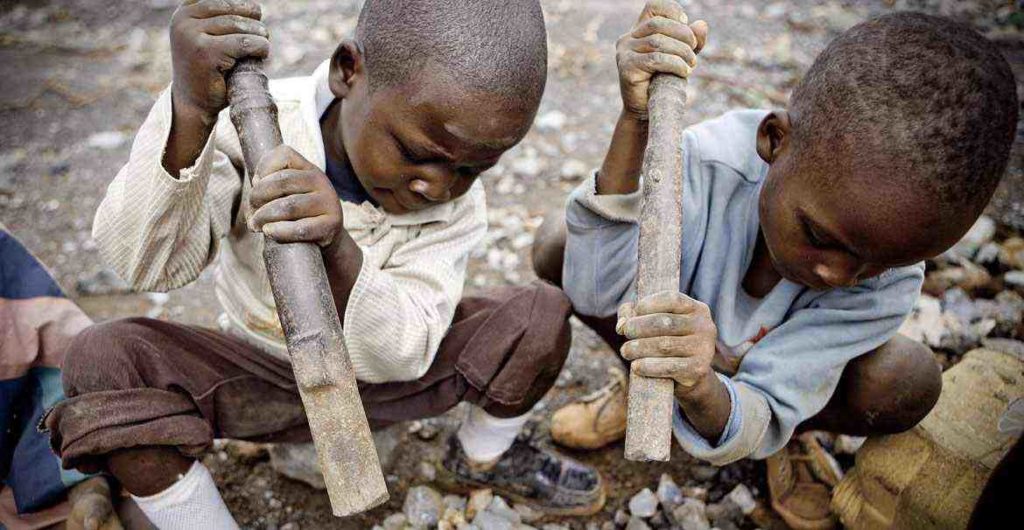 By Lauren Satill
By Lauren Satill
This year, several countries, including the United Kingdom, France, India, and Norway, all set targets to stop the sale of diesel and petrol cars within the next 8-23 years. These are bold steps towards significantly reducing carbon emissions and improving the prospects of a sustainable global environment. Consequentially, there has been exponential growth in demand for certain metals, namely cobalt, and therefore, growth in the extractive industry. This industry is historically fraught with human rights abuses and the promulgation of this ‘green movement’, towards all electric vehicles, may further aggravate human rights abuses.
Electric car batteries are lithium ion batteries, made from graphite, lithium salts, and a cathode (which consists of 80% Nickel, 15% cobalt, and 10% Aluminium). Whilst it makes up a seemingly insignificant part of these batteries, cobalt sources are depleting and human rights within the extraction business is being overlooked at the hands of the growing demand for electric cars.
In 2016, it was estimated that around 65% of the world’s supply of cobalt is sourced from the Democratic Republic of the Congo (DRC). In January 2016, Amnesty International released a report on the conditions of cobalt mines in the DRC. The report found children as young as 7 working in artisanal mines with little to no protective equipment. On average, children and adults working in these mines earn US$1-3 per day. This information could only be collected from ‘artisanal’ mines as multinationals refused to cooperate with Amnesty International. Nonetheless, their impact must not be understated as they represent up 20% of the world’s cobalt supply. Continue reading
